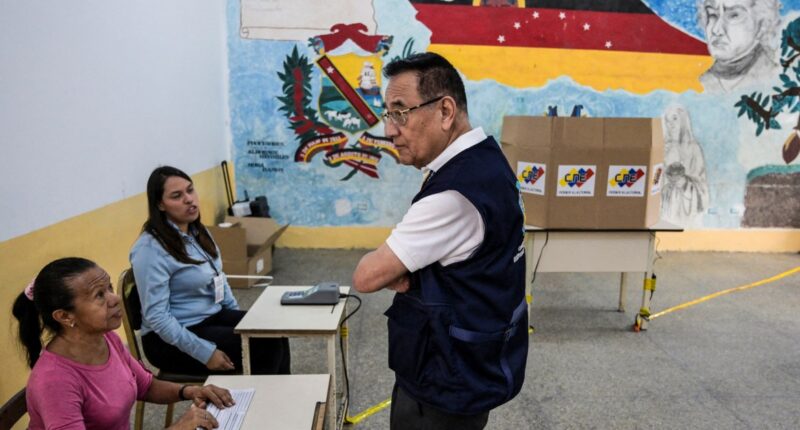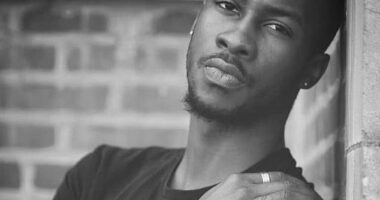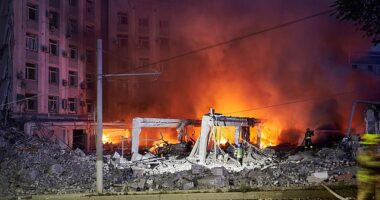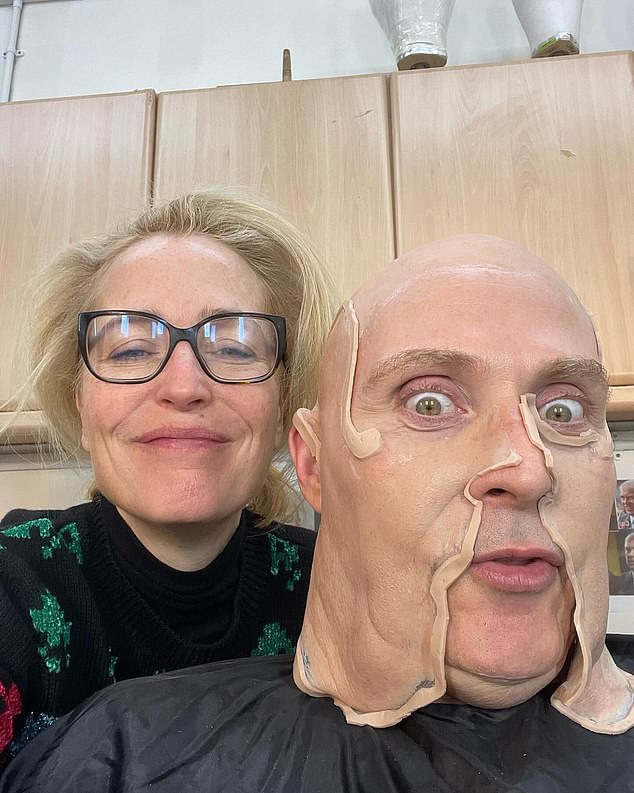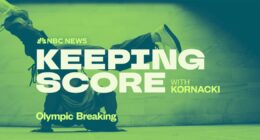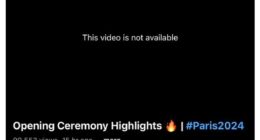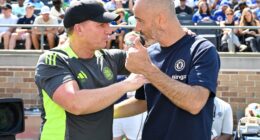Venezuelans are getting ready to participate in what stands to be the most consequential presidential election the South American nation has seen in more than a decade.
On Sunday, voters have a chance to elect a new leader who could put an end to the long-standing Chavista regime, a socialist-inspired political movement turned authoritarian that began nearly three decades ago with the election of Hugo Chávez and continued under the leadership of his protégé Nicolás Maduro.
Maduro, who’s seeking a third term in office, has threatened a “bloodbath” if he’s not elected, prompting the U.S. to warn Maduro of the need to hold fair elections without any intimidation or repression.
Maduro is running against 10 presidential candidates. Of all the candidates, Edmundo González is seen as the most likely to beat Maduro.
González, a former diplomat, was a largely unknown figure to Venezuelans until he officially entered the presidential race in May to replace opposition leader María Corina Machado. She was barred by the Maduro regime from running for president over fraud and corruption allegations that many perceived as an attempt to obstruct legitimate elections.
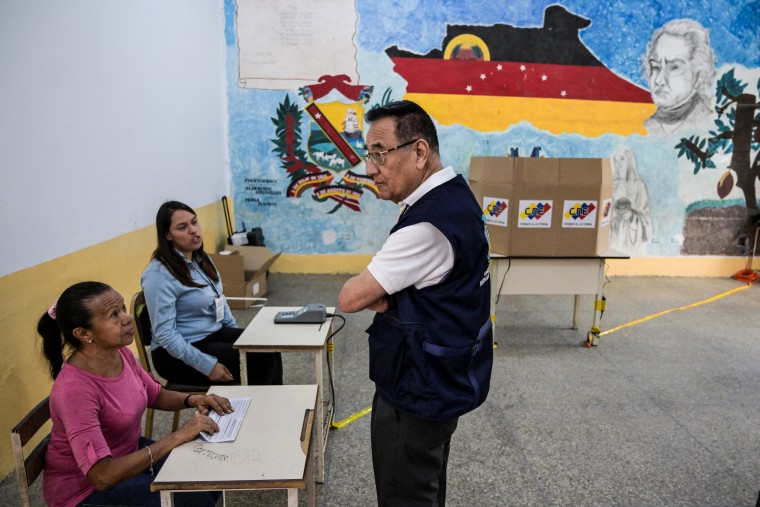
Machado, a conservative and a former legislator, had gained enormous popularity after winning her primary in October — and her support of González made him a viable challenger against Maduro.
As concerns over free and fair elections in Venezuela persist, here are three things to know about what’s at stake.
What is behind the crisis in Venezuela?
Venezuela’s protracted economic, social and political crisis has pushed millions into poverty, consequently creating the largest displacement crisis in the world. An estimated 8 million Venezuelans have migrated to other parts of Latin America, the U.S. and other countries.
The once economically prosperous nation is home to the world’s largest oil reserves. Financial mismanagement of that sector during Maduro’s term, compounded with strict sanctions imposed by the United States in 2019, has triggered a domino effect that resulted in the collapse of Venezuela’s economy and the start of an ongoing humanitarian crisis that has left people without access to food, health care and other basic necessities. Over 80% of the people in Venezuela live in poverty.
Against this background, polls began showing eroding support for Maduro and the Chavista regime. The shift has reignited hope among Venezuelans who see Sunday’s election as “the final opportunity for a change in the country,” according to polls published by Americas Society/Council of the Americas.
Opposition parties and leaders have tapped into this sentiment to rally supporters, intensifying their calls to restore democracy.
Why isn’t opposition leader Machado on the ballot?
Since winning her primary in October, Machado has become the driving force behind the opposition movement in Venezuela.
Machado gained appeal after promising to rebuild Venezuela’s economy in the hopes that many of the people who have fled will be able to return.
Her voter mobilization efforts have been able to cut through ingrained political apathy stemming from years of government repression from a regime known for arresting dissidents and suppressing protests.
But Venezuela’s highest court officially banned Machado from holding office in January based on fraud and corruption allegations she has denied. This made her ineligible to appear on the ballot Sunday.
González then emerged as the opposition’s surrogate candidate in May. The pair campaigned together until Thursday, when the presidential campaign season officially ended.
Venezuela’s main opposition party has said that more than three dozen opposition activists have gone into hiding or been detained since January.
During the election cycle, Maduro has retained control over the country’s legislature, military and the national election council, as well as the justice system, much of the media and violent paramilitary gangs.
Will Venezuela’s election results be accepted?
That remains to be seen.
The U.S. and even some of Maduro’s allies in Brazil and Colombia have urged him to accept the results of the election after his threats of a “bloodbath.”
“We support peaceful elections that we expect and hope will come on Sunday,” White House spokesperson John Kirby said at a regular briefing in Washington. “Any political repression and violence is unacceptable.”
As many Venezuelans yearn for a legitimate election and a chance to vote Maduro out, they also worry he can find other ways to retain power. In the event that Maduro does end up leaving office, he may seek to negotiate an exit deal with the opposition to avoid prosecution in an international court over charges of crimes against humanity, The New York Times reported. At the same time, few Venezuelans expect the election to result in Maduro’s ousting.
Polls are expected to open 6 a.m. Sunday and close at 6 p.m. local time. Those standing in line by the time polls close will be allowed to vote. The results could be known as early as Monday morning.
For more from NBC Latino, sign up for our weekly newsletter.
